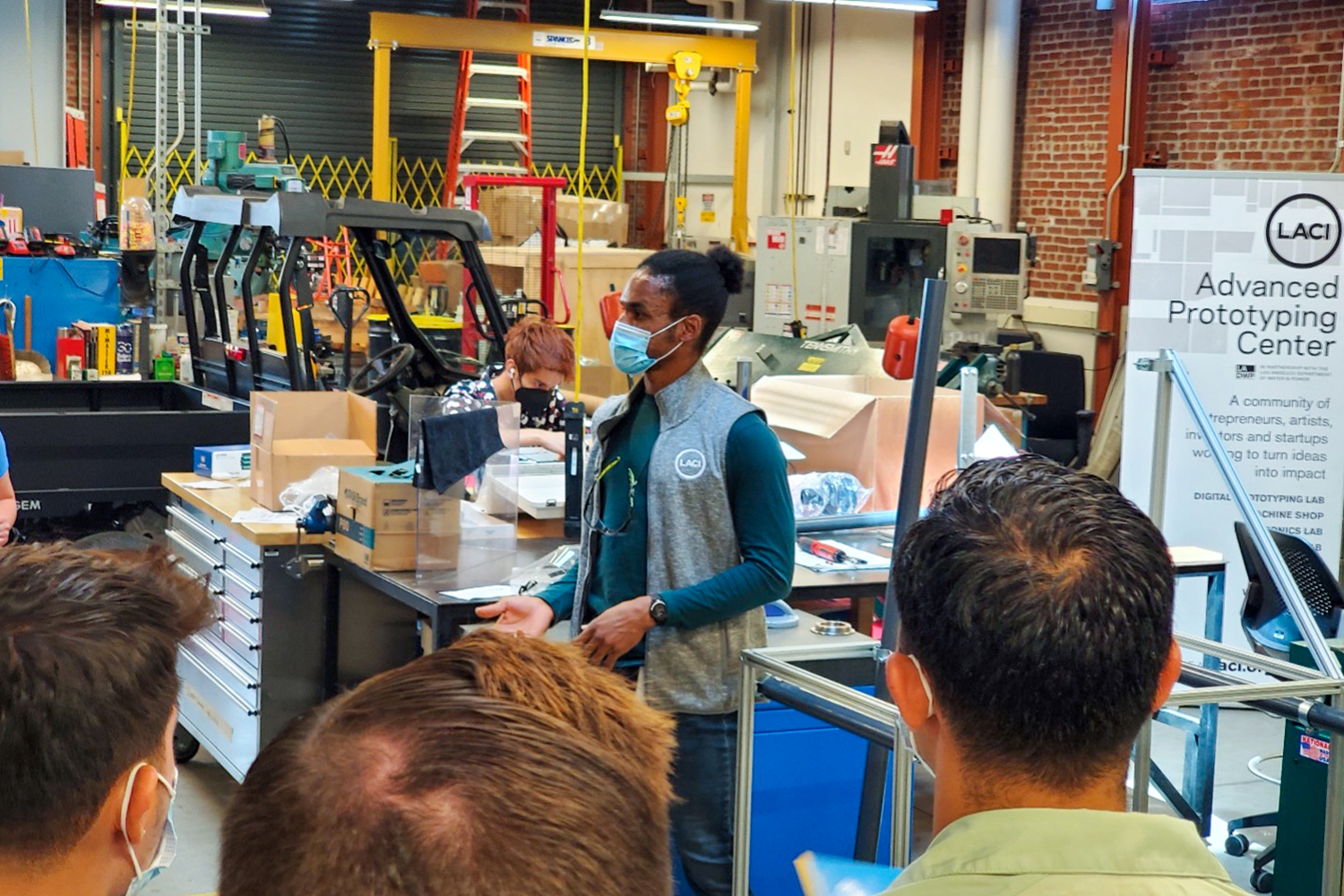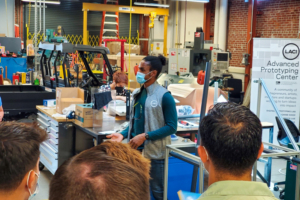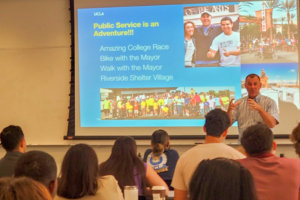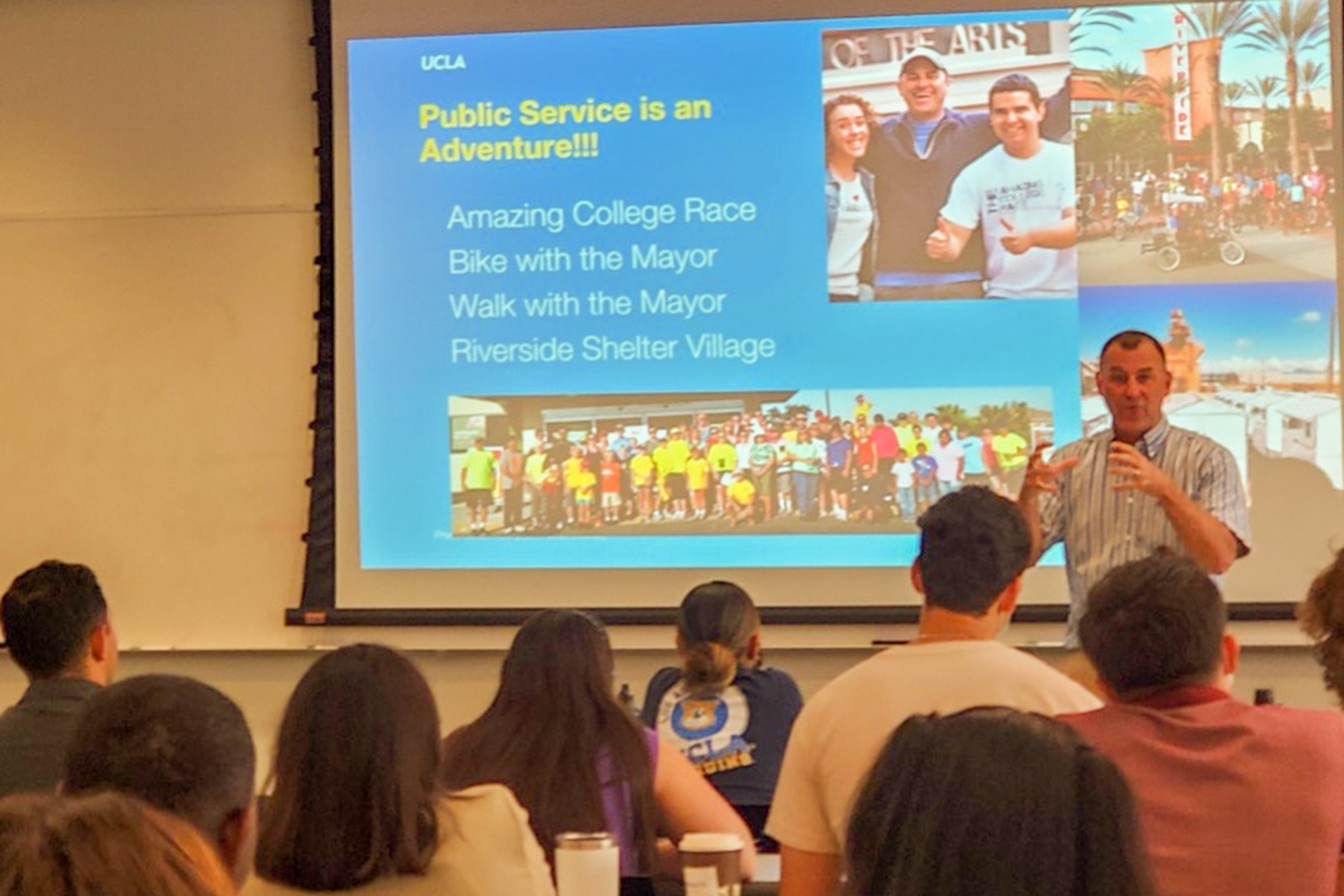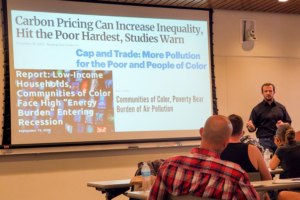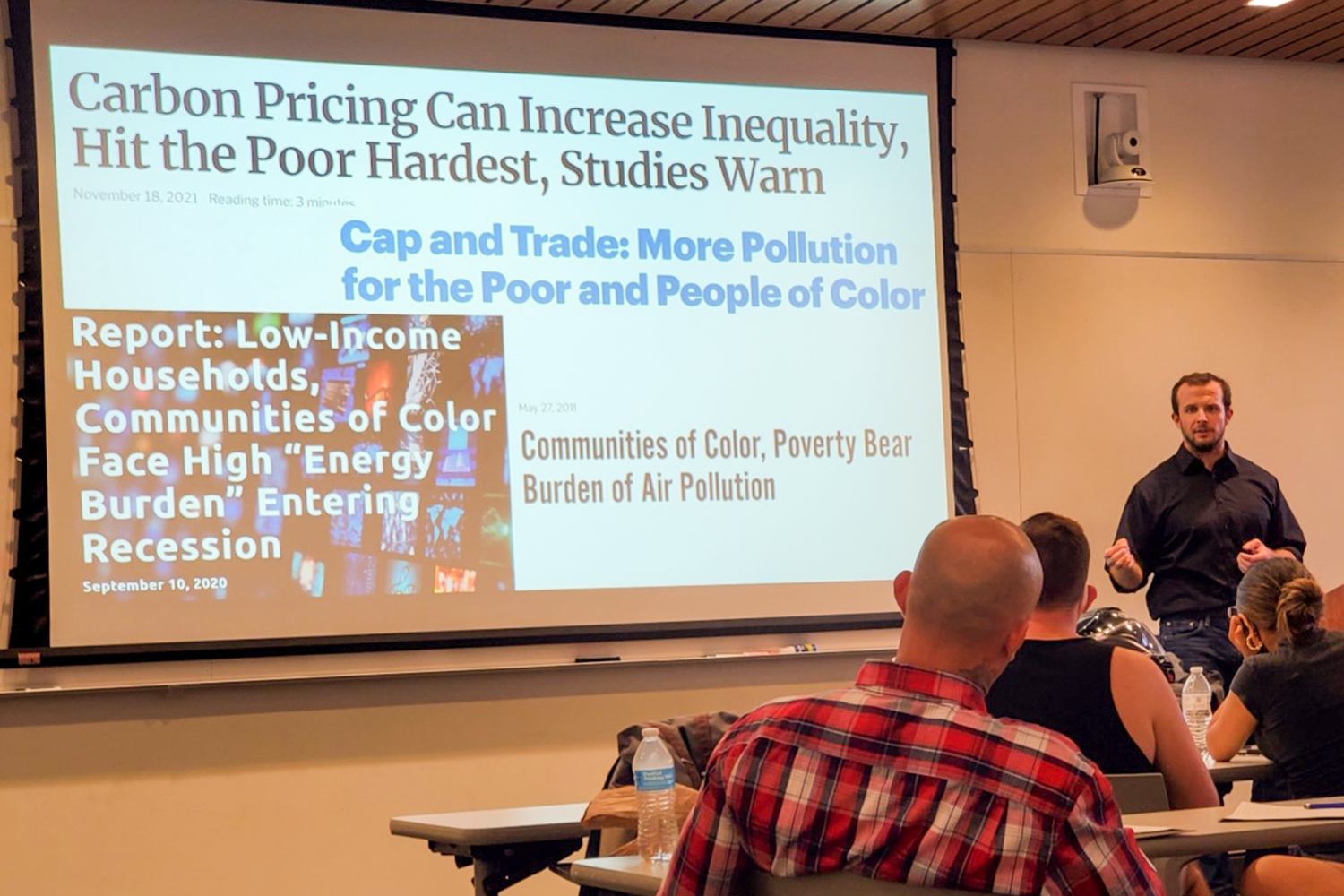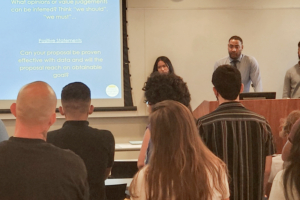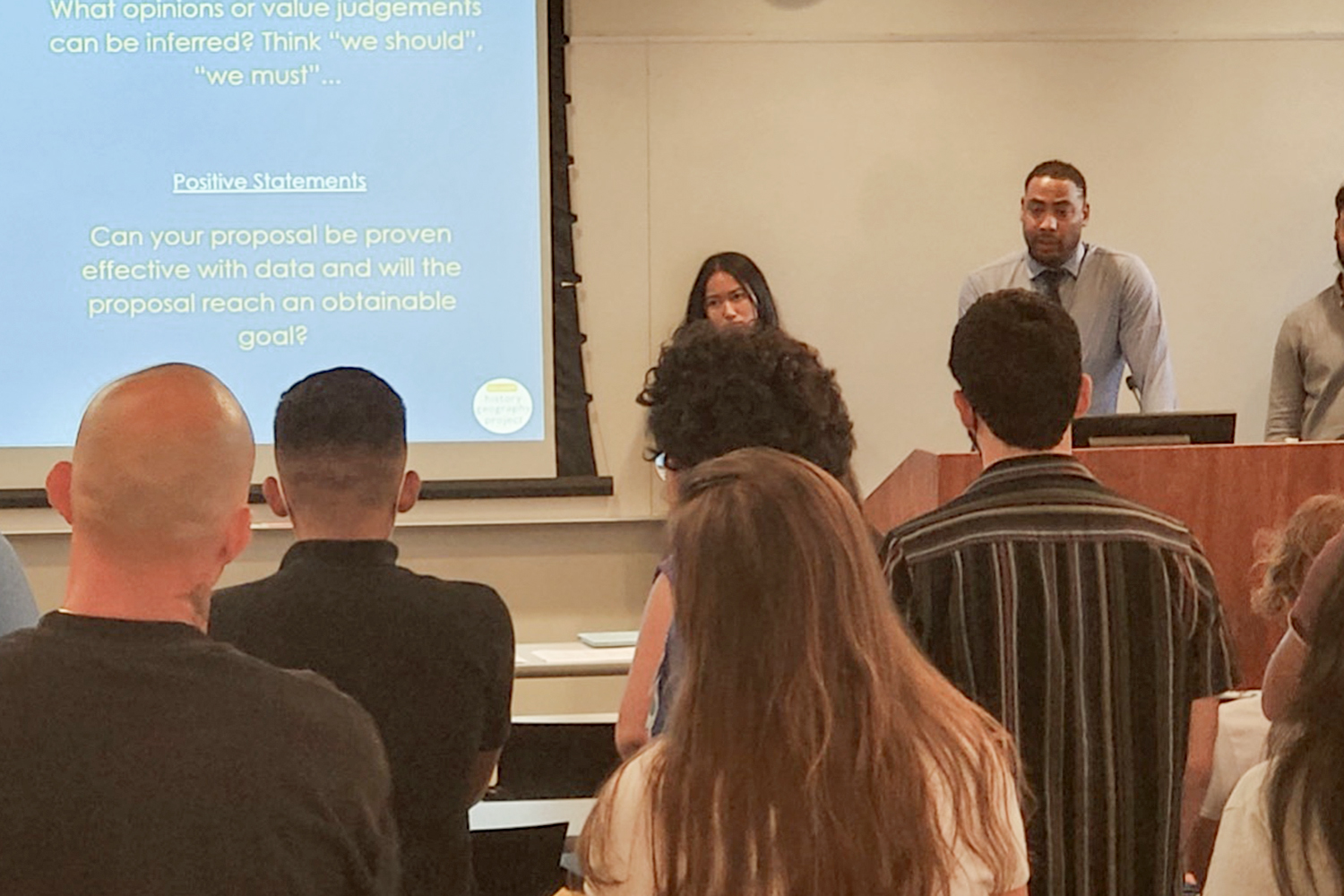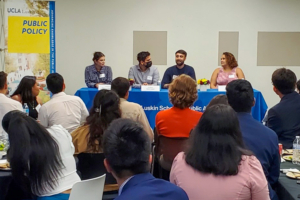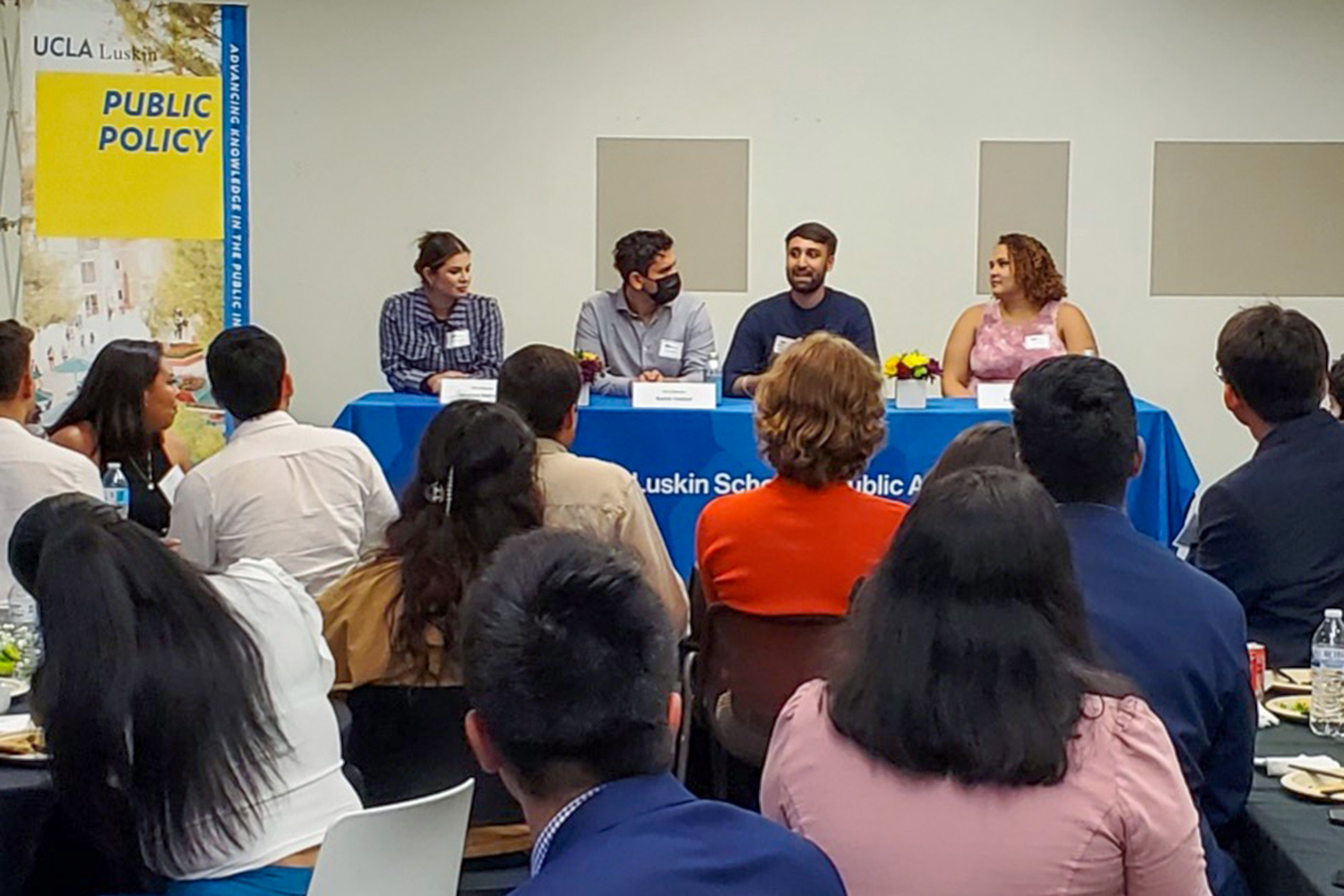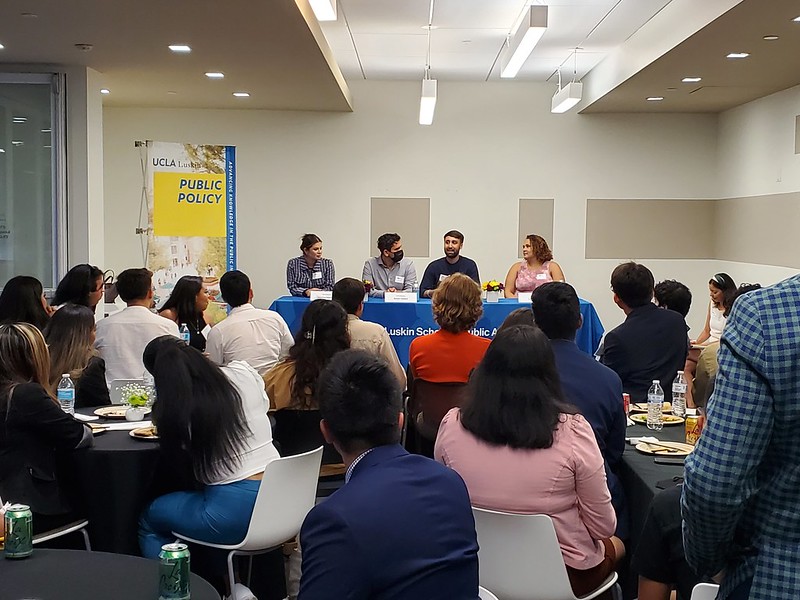By Mary Braswell
Savor the moment, then get to work.
That was the Commencement Day message from anti-poverty advocate Michael Tubbs, who called on UCLA Luskin’s Class of 2023 to use their education and training to restructure society from the ground up, with justice as a guide.
“We’re here not because of what you’ve done but who you will become and how you will use the precious gift of this UCLA education,” Tubbs said. “We need you all to have the courage to imagine and create the world we all deserve to live in.”
Tubbs spoke to public policy, social welfare and urban planning scholars earning advanced degrees at a morning ceremony on June 16 at UCLA’s Royce Hall. In the afternoon, he addressed students awarded the bachelor of public affairs at a festive gathering on the patio of Kerckhoff Hall.
Tubbs made history in 2016 when he was elected the first Black mayor of Stockton, California, at age 26. He recalled his own educational journey as a first-generation graduate of Stanford University, and offered this reminder to UCLA Luskin’s newly minted BAs, MPPs, MSWs, MURPs and PhDs:
“The alphabets behind your names don’t mean you’re better than people … and dare I say they don’t even mean you’re smarter than the people who raised you,” he said. “But what it does mean is that you’re better equipped to serve. It does mean you’re better able to self-actualize. It does mean you’re better positioned to use your privilege and your access to do some good.”
This year, more than 420 students earned bachelors, master’s and doctoral degrees from UCLA Luskin. Interim Dean Anastasia Loukaitou-Sideris offered congratulations while also underscoring the stakes at play as the national election cycle is now picking up steam.
“You are taking your places in the workforce during a critical time not just for America but for the entire world. Who are we as a people? What are our values? Will we make the right decisions to better all of society? …
“As I look at you, I take comfort. I know you have been well prepared,” Loukaitou-Sideris said. “I trust that you will remain dedicated to a future in which geography, income, gender or race have little bearing on an individual’s ability to access opportunity and have a fulfilling life. I can’t wait to see all that you will accomplish.”
At each commencement ceremony, students delivered greetings in different languages, 16 in all, a reflection of the School’s cultural diversity. Four students were selected by their peers to offer words of inspiration: Chinyere Nwonye of Public Policy, Jhorna Islam of Social Welfare, Antonia Izuoga of Urban Planning and Mina Anochie of the Undergraduate Program.
In his remarks, Tubbs urged the graduates to make the most of both the triumphs and the inevitable disappointments in life. As Stockton’s mayor, he led a program of reforms to reduce poverty, provide scholarships to students, bring down the homicide rate and improve the city’s fiscal health — yet his bid for reelection in 2020 failed.
The defeat ultimately led to an important realization: “Your job, your title, your accolades — that’s a means to an end … but your purpose remains the same.”
Tubbs went on to join the administration of Gov. Gavin Newsom as special advisor for economic mobility and opportunity, and is widely viewed as a rising star in progressive politics. He is a leading advocate for a guaranteed basic income to provide stability to American households, and last year he founded End Poverty in California, a nonprofit devoted to breaking the cycle of income inequality.
“Today is such a wonderful day because it’s a mountaintop day. It’s one of those days where everything comes together,” Tubbs told the graduates. “But I submit to you, over the course of the next several decades of your life, every day won’t feel like this day. …
“As you figure out what it is you want to do, maybe your purpose, maybe part of what you’re supposed to do, will be found in the pain you’ve experienced, in the things that make you angry, in the things that feel unfair, in the things your parents had to experience.”
Tubbs advised the students to take the long view as they work toward change. As a younger man, he had the privilege of meeting Bob Singleton, a UCLA alumnus and one of the original Freedom Riders, civil rights activists who boarded buses to Southern states to challenge segregation. Singleton was arrested for his actions on June 4, 1961. The same day, Barack Obama was born.
“He said he had no idea that the choice he made as a 21-year-old UCLA graduate to do something to change the world would pave the way so that 50 years later a child born with no opportunity would have the chance to be president,” Tubbs said.
“Class of 2023, the question before you all today as you get your degrees is what are you prepared to do today, tomorrow and next week so that 50 years from now, we’re not having the same conversation? So that 50 years from now we don’t have hundreds of thousands of people in our state sleeping in tents right next to luxury apartments and mansions? … So that 50 years from now, we live in a country that’s deserving of your talent, of your time and of your treasure?”
View photos and video from the UCLA Luskin undergraduate commencement ceremony:
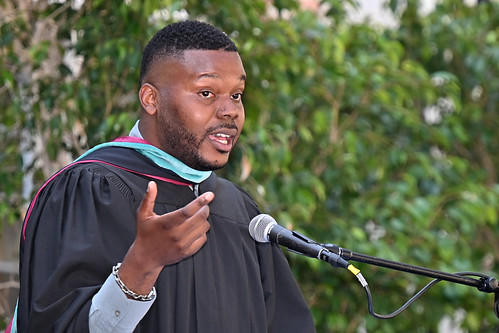
View photos and video from the UCLA Luskin master’s and doctoral commencement ceremony:

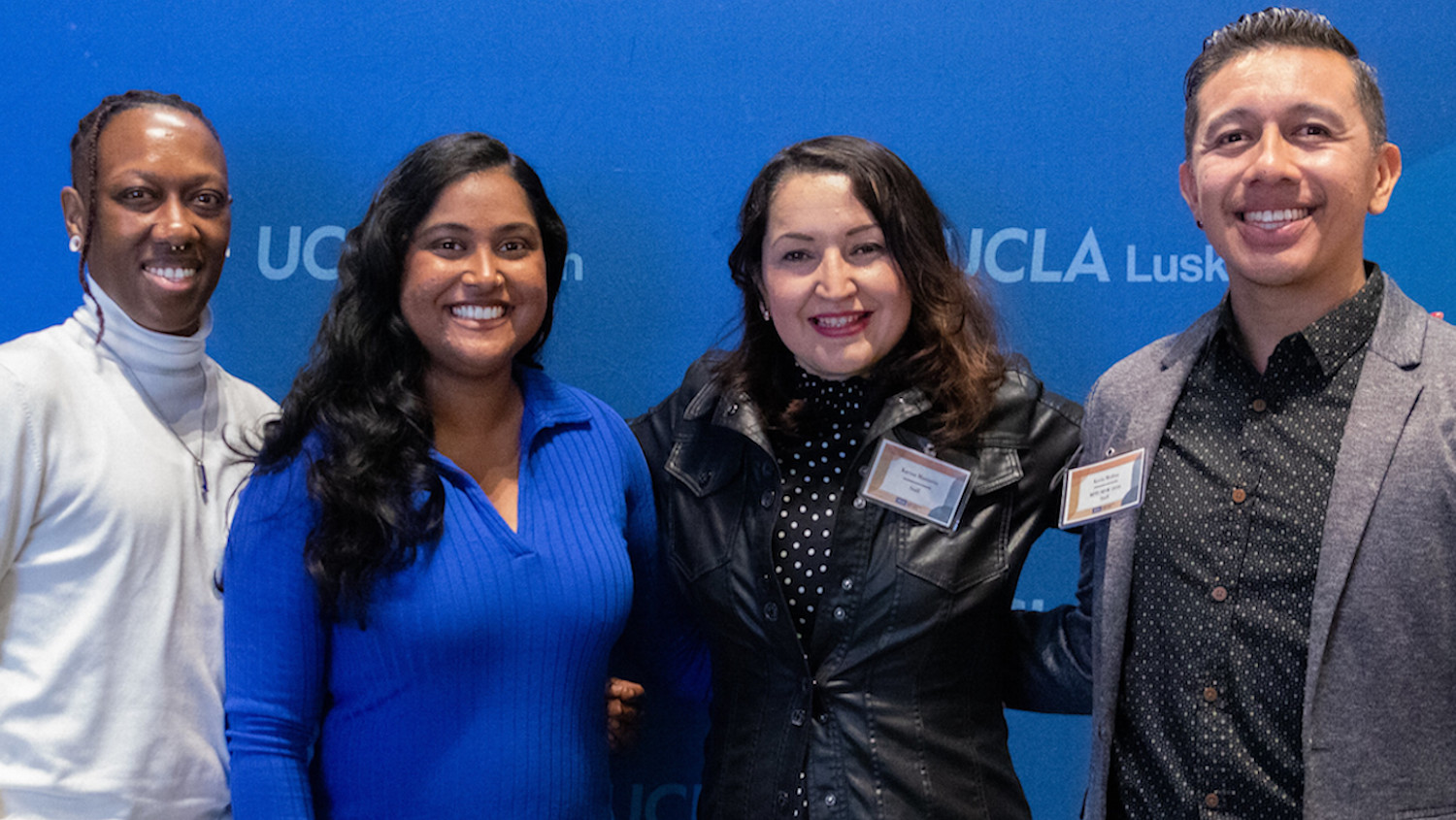
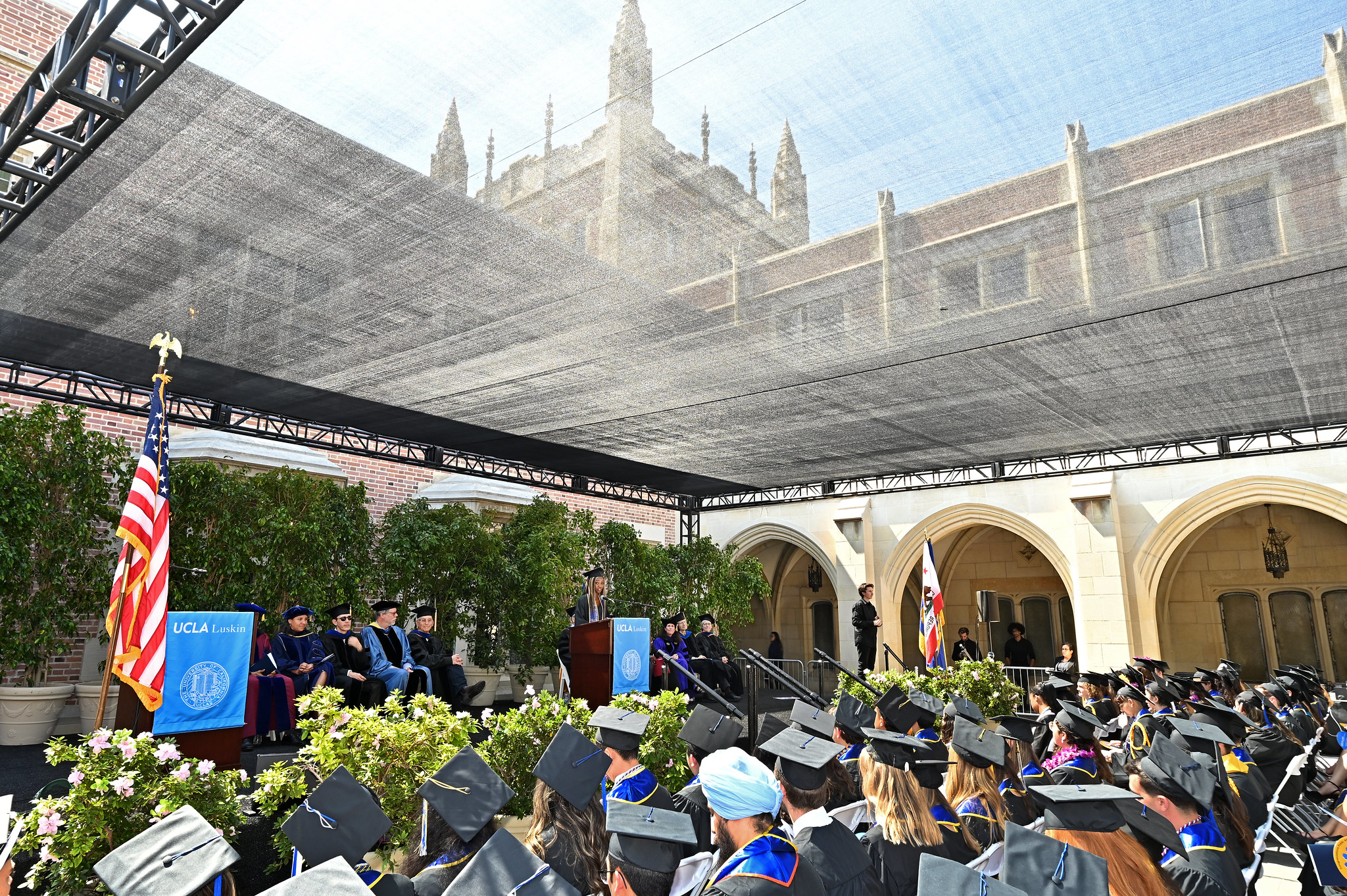
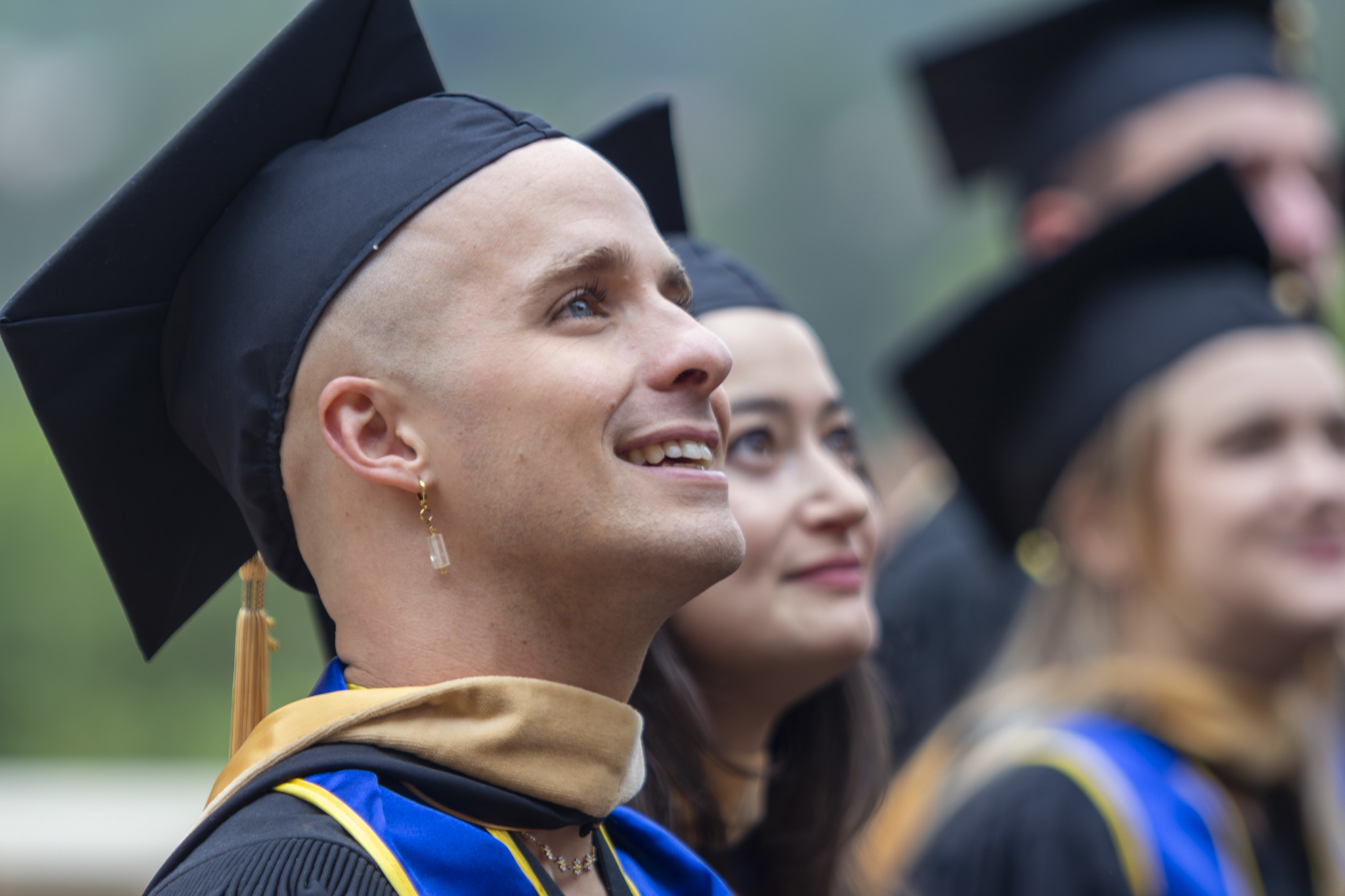
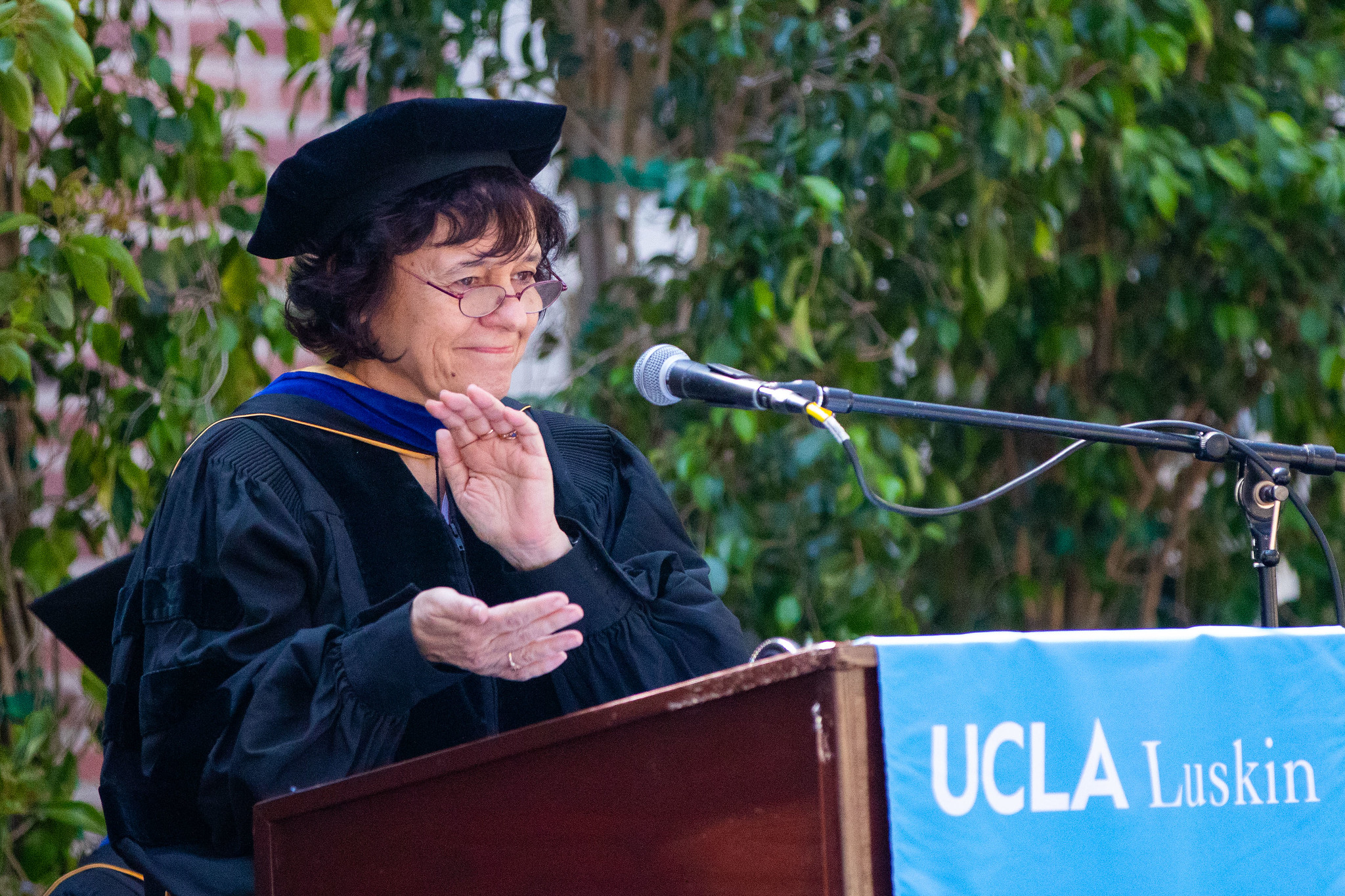
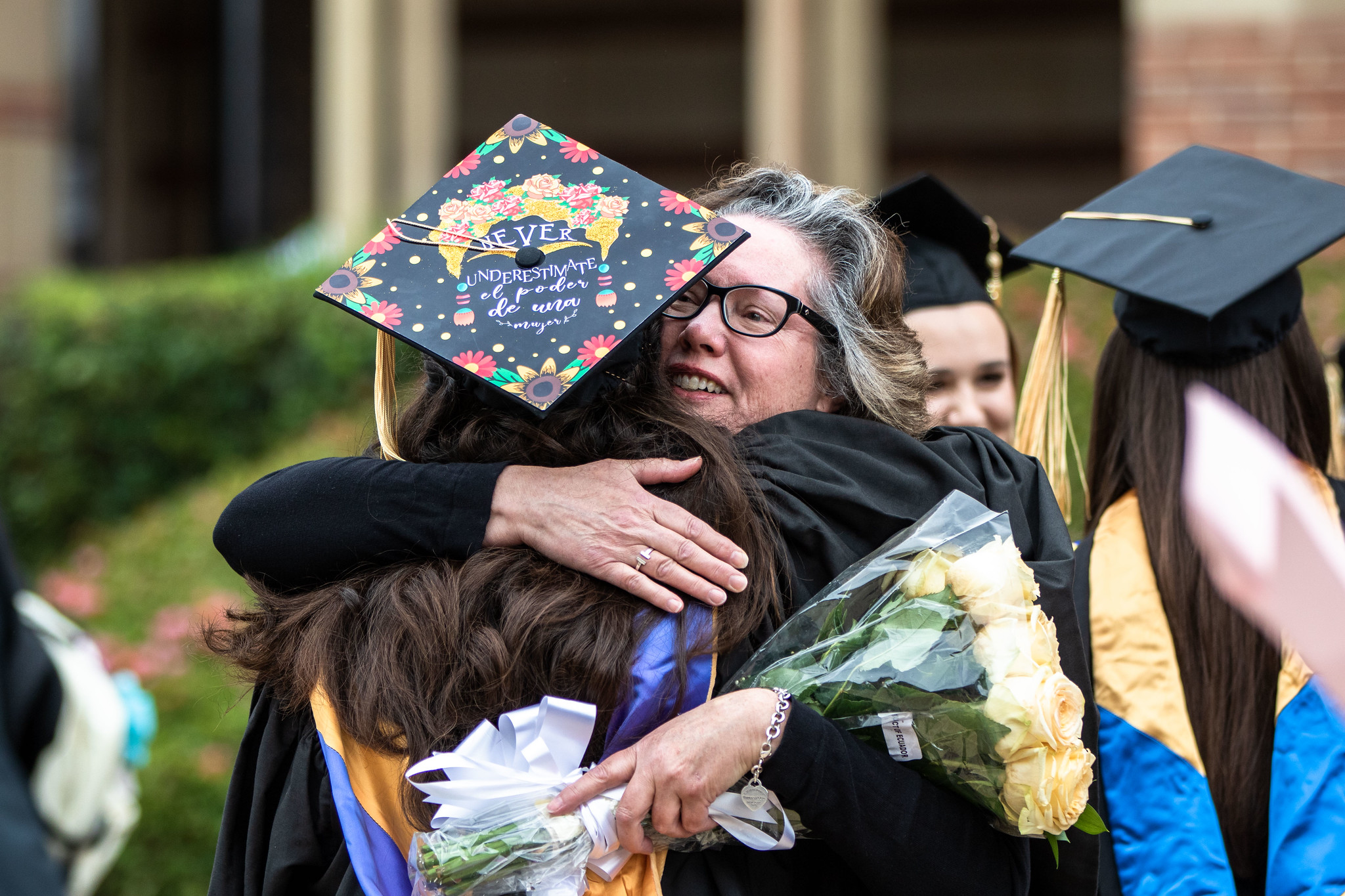
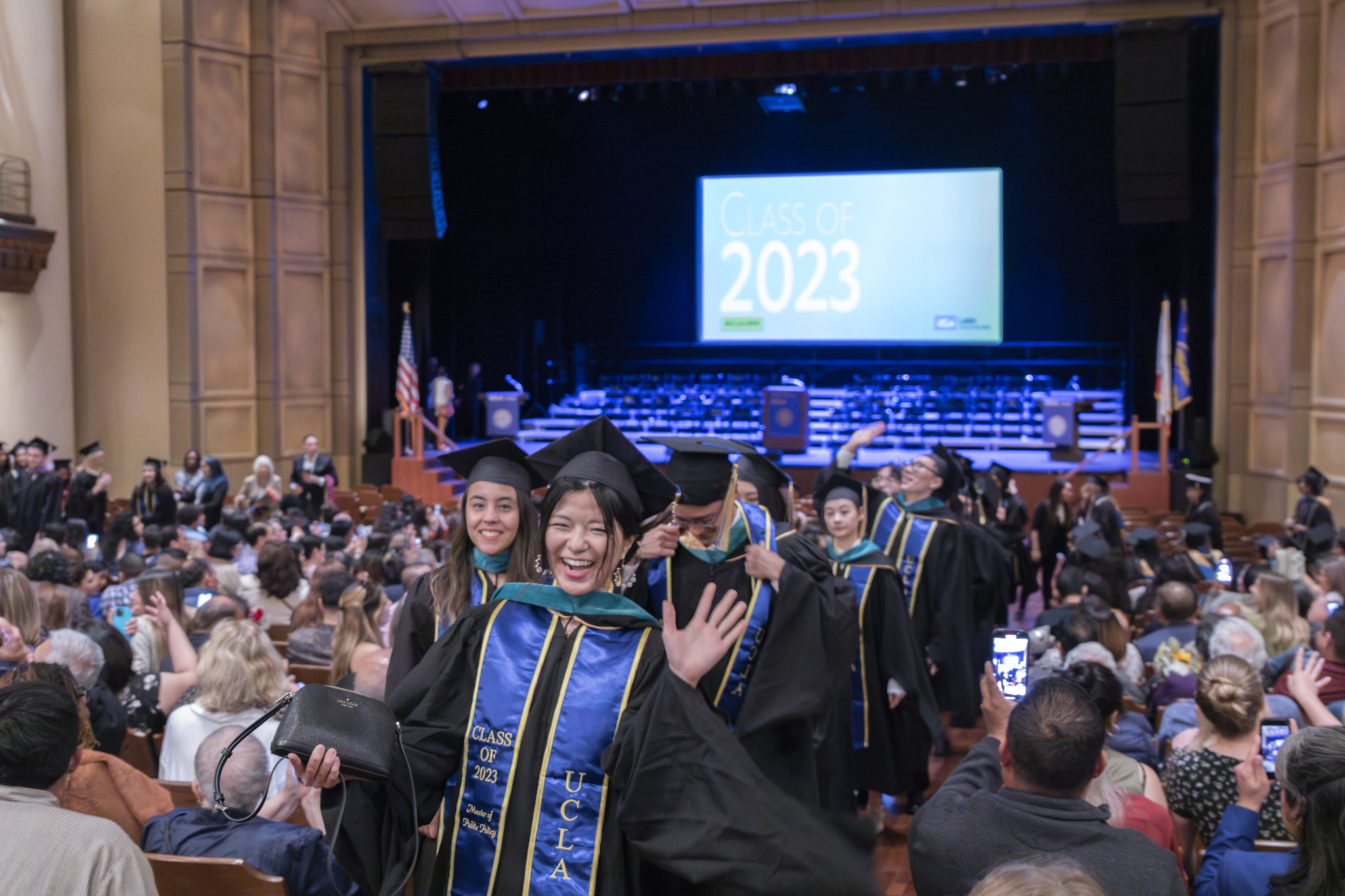


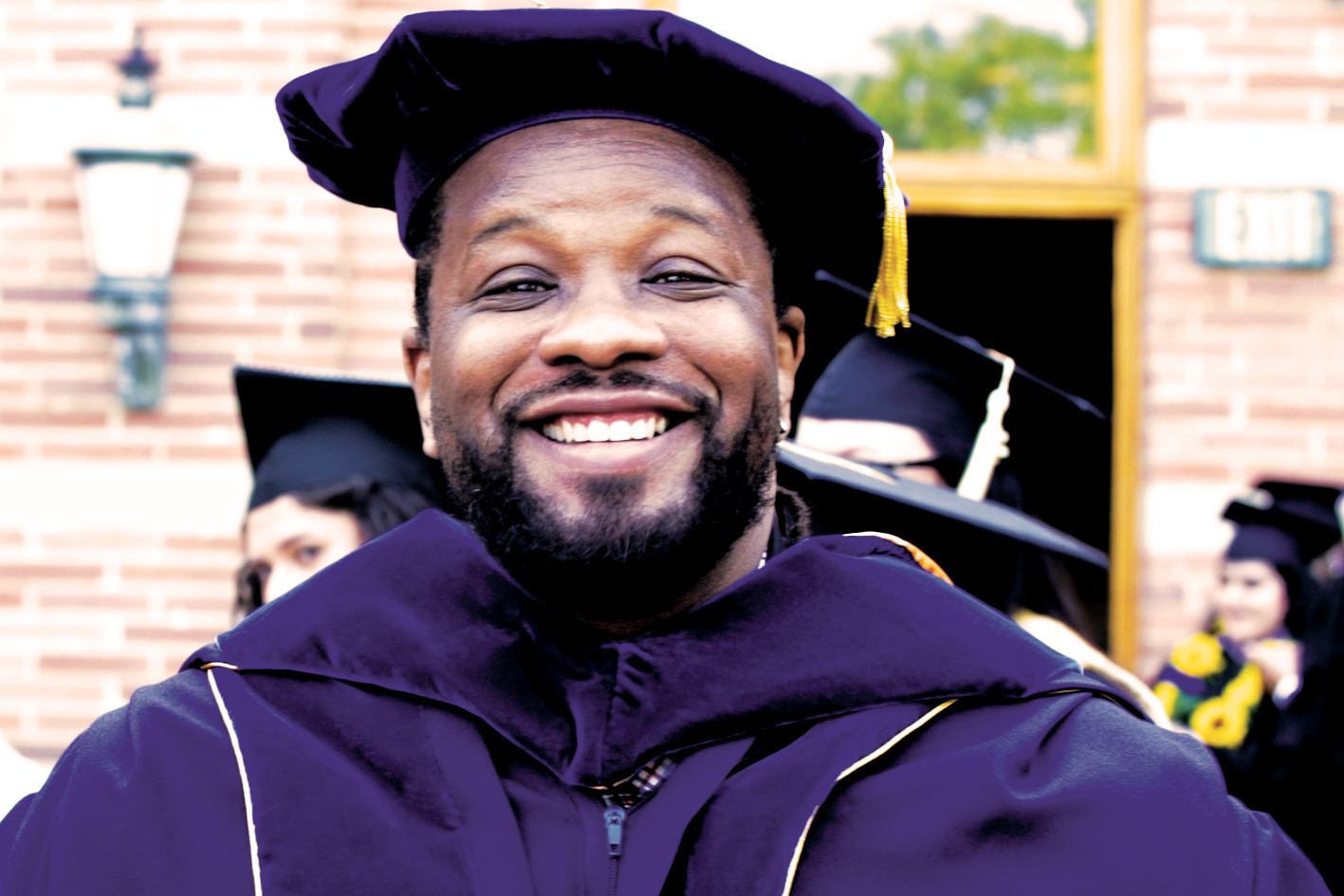 … a pathway to achieve social justice.” —
… a pathway to achieve social justice.” —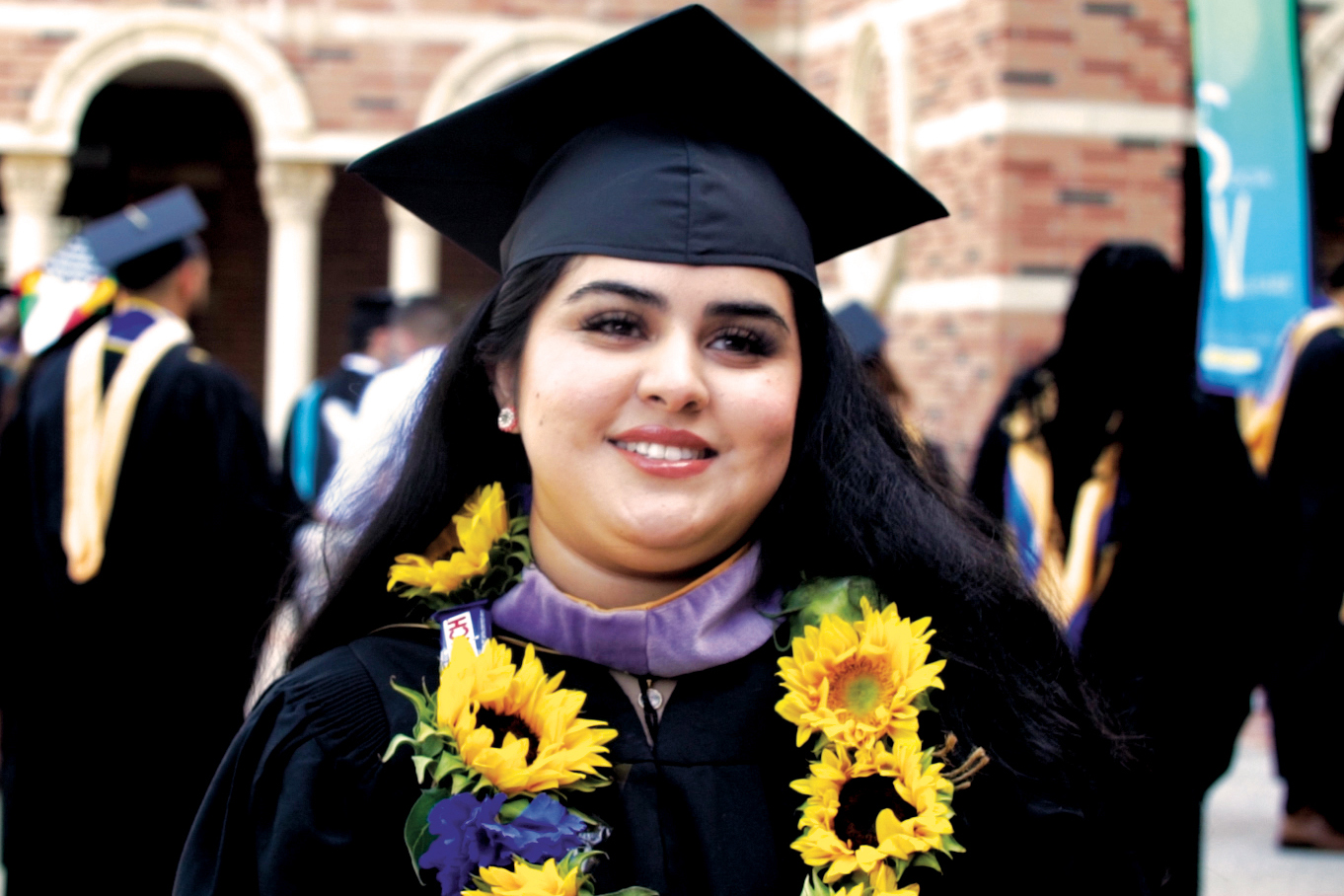 … investing back into myself so that I can help support my community.” —
… investing back into myself so that I can help support my community.” —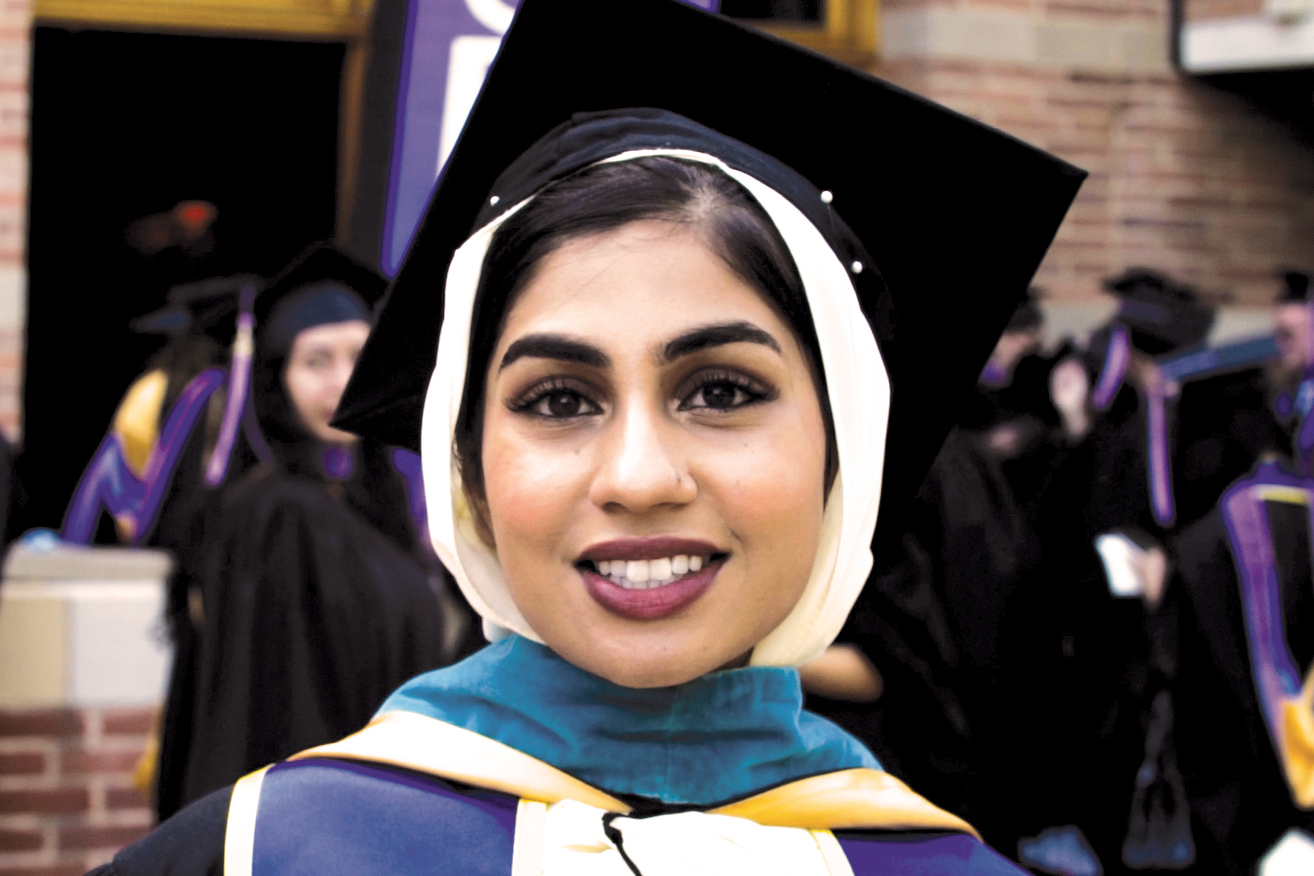 … I can really go out in the community and make the change that I came to this degree to make.” —
… I can really go out in the community and make the change that I came to this degree to make.” —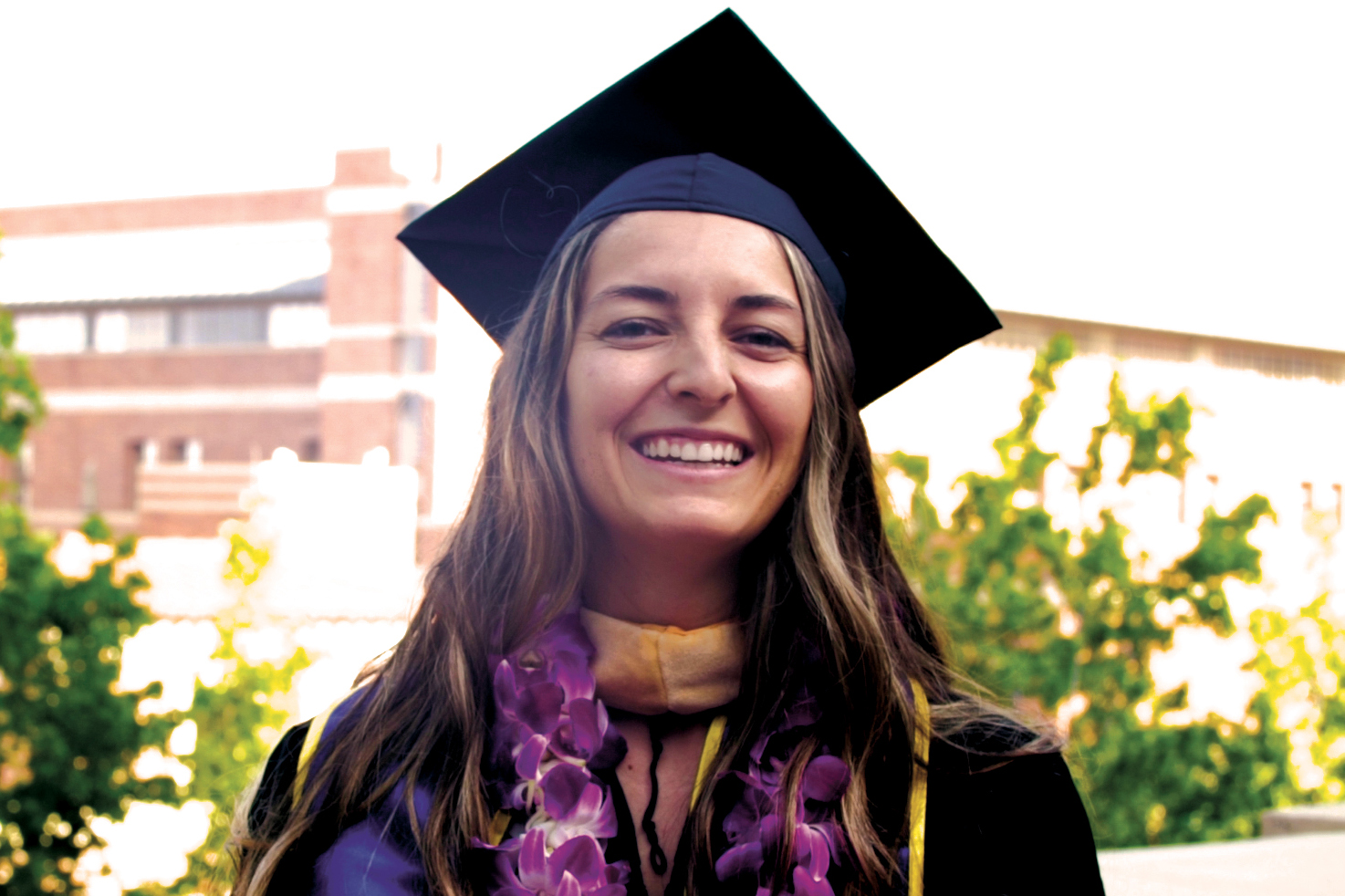 … that I will have the opportunity to help others in our community and be able to work in different settings and help various populations.” —
… that I will have the opportunity to help others in our community and be able to work in different settings and help various populations.” —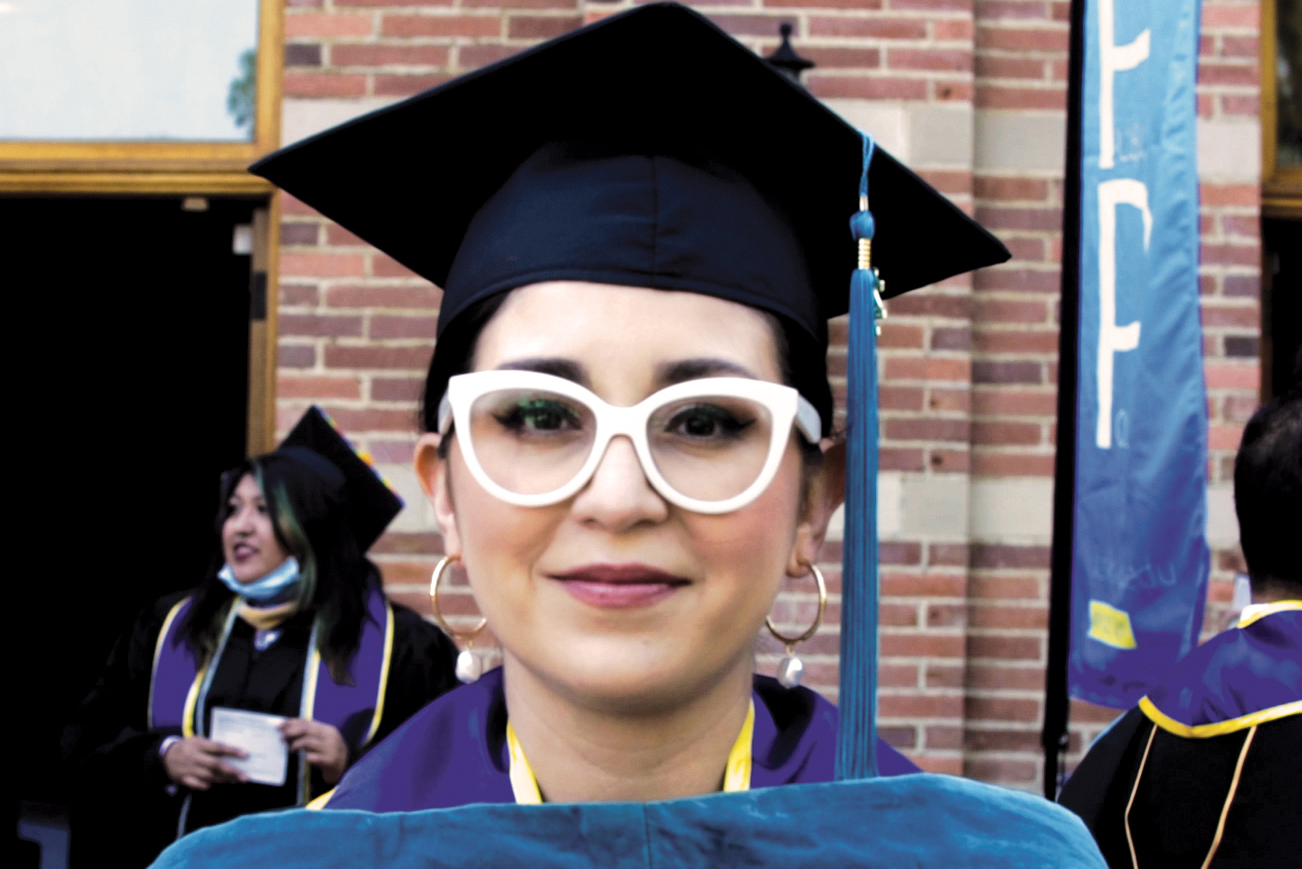 … an opportunity to change the world.” —
… an opportunity to change the world.” —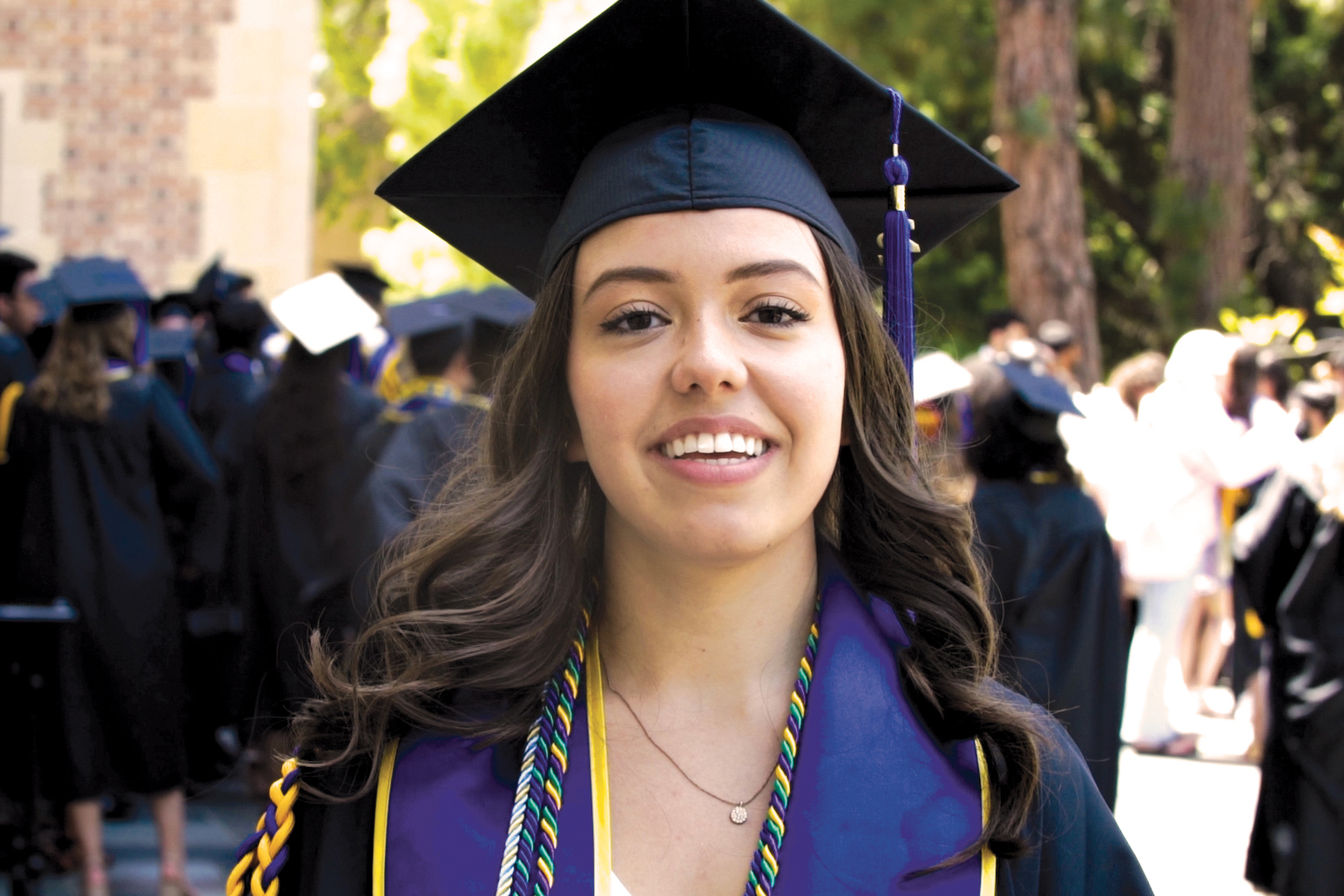 … make a real impact on the world.” —
… make a real impact on the world.” —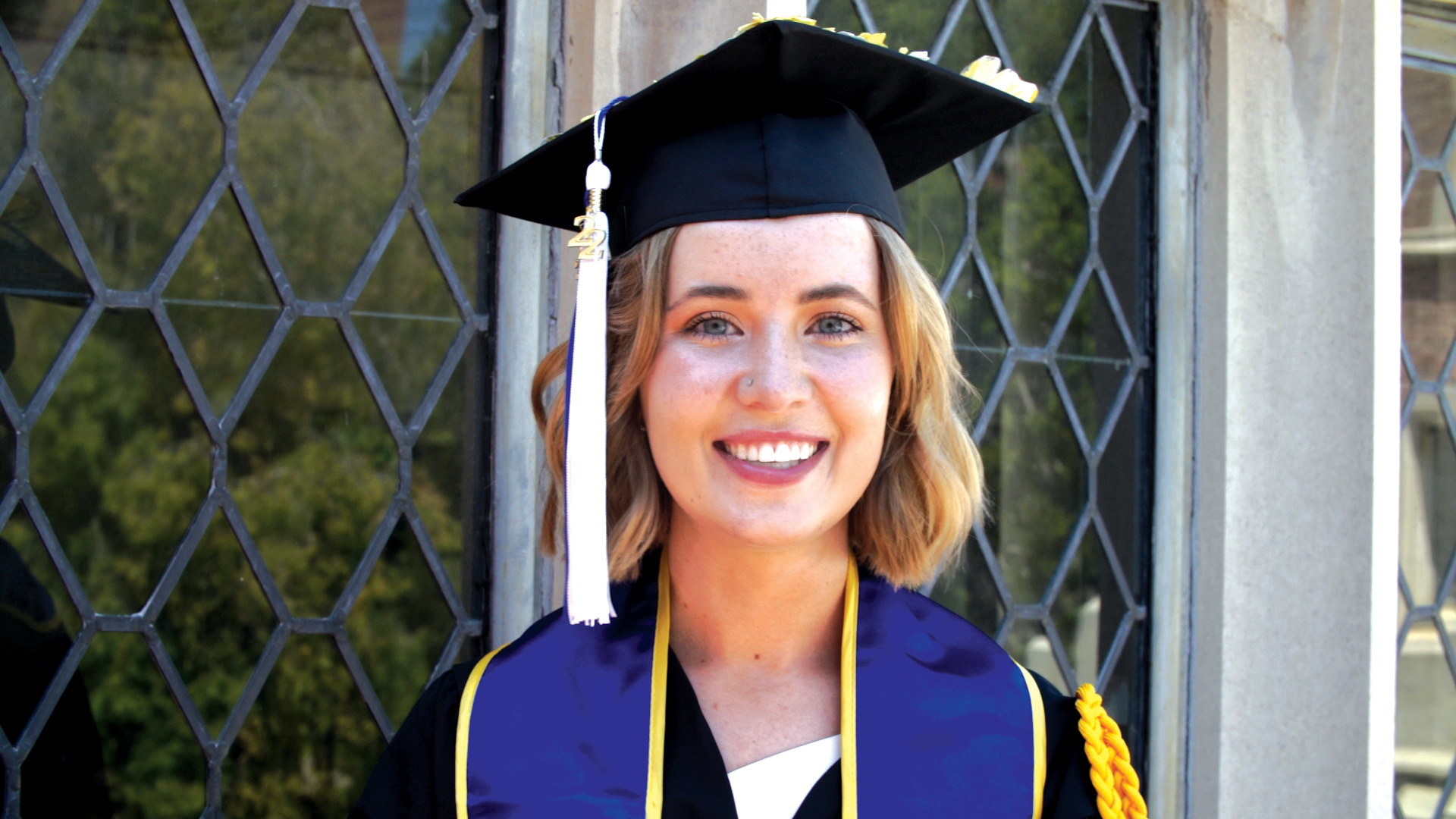
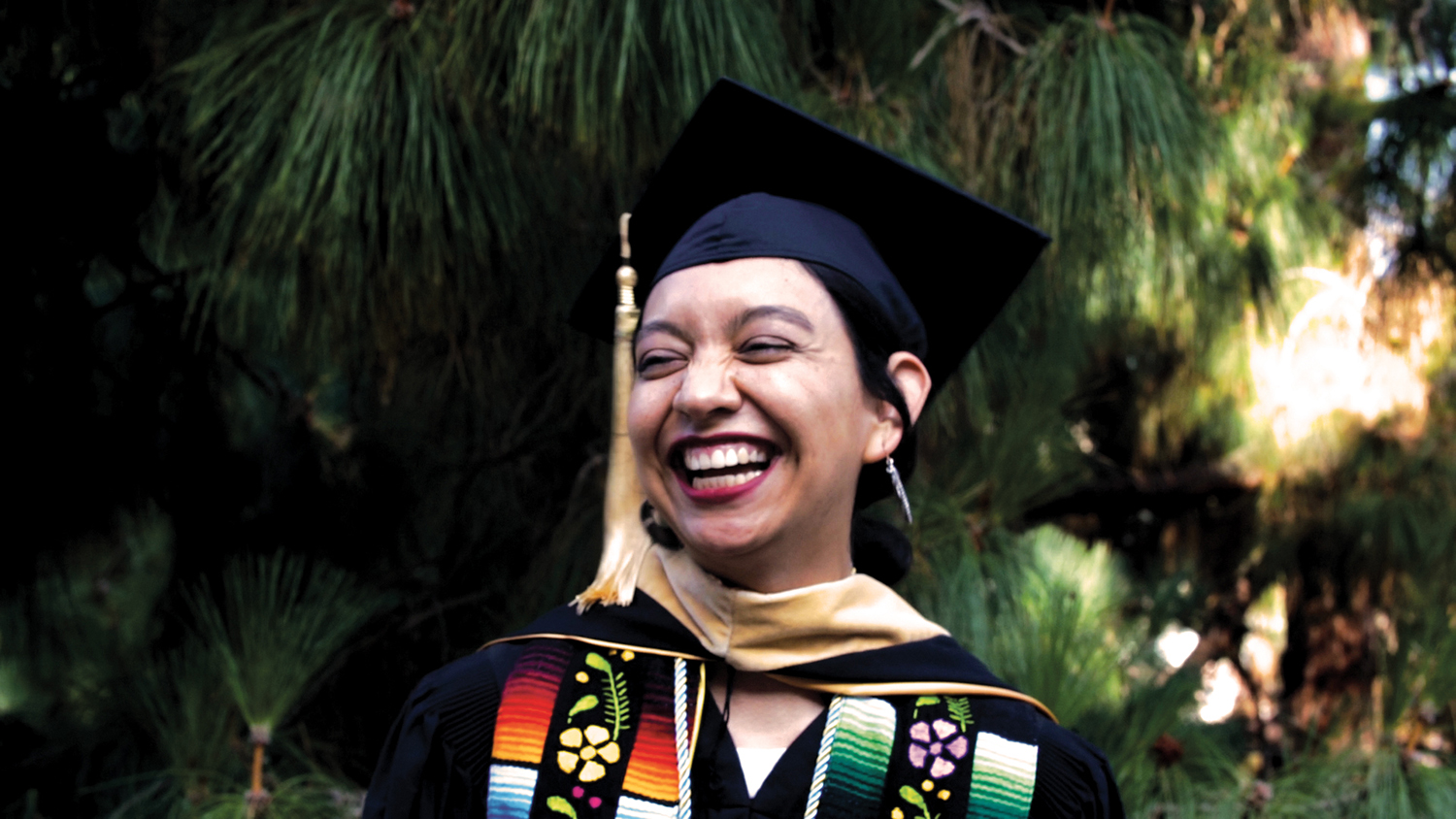
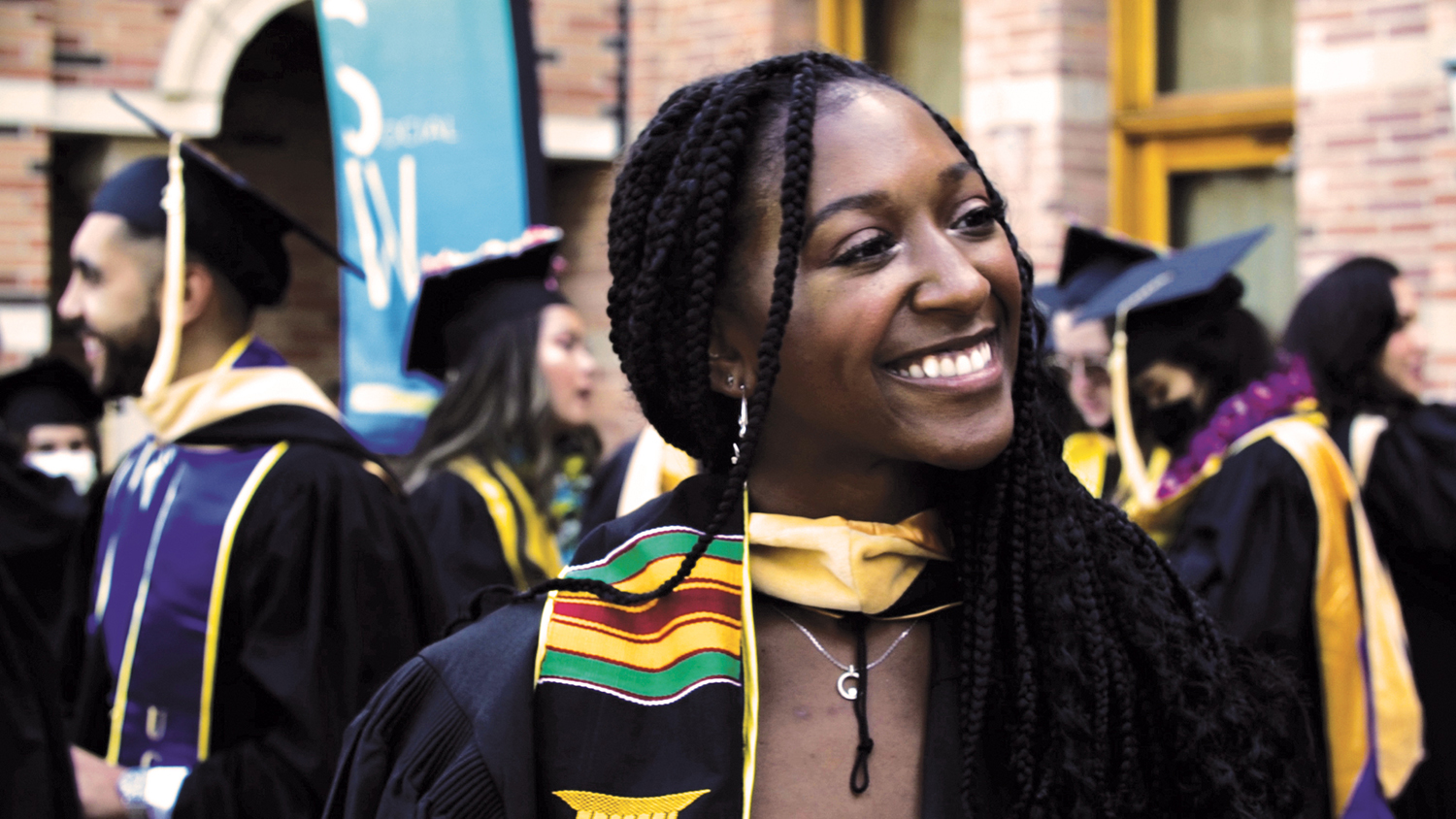
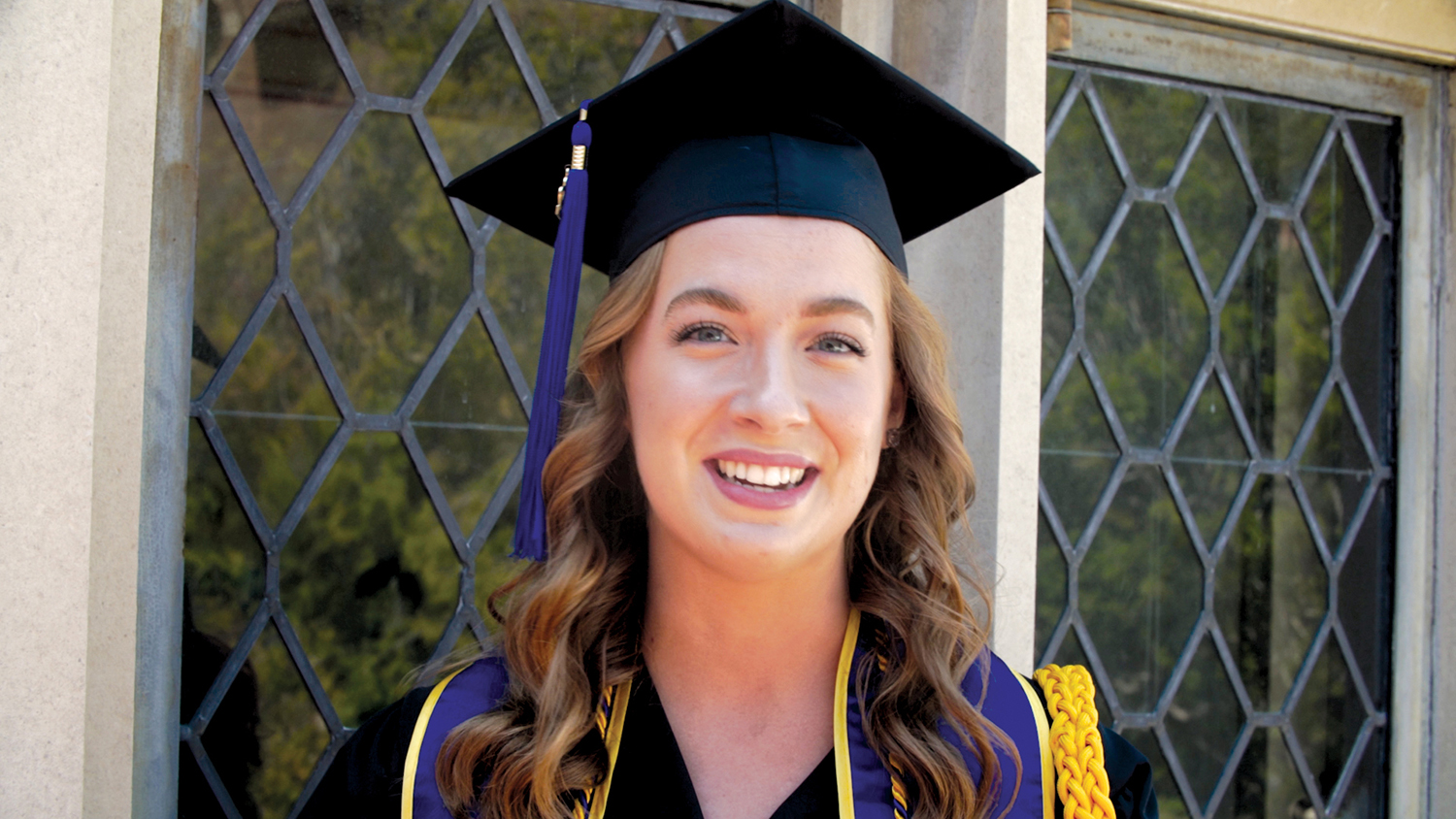
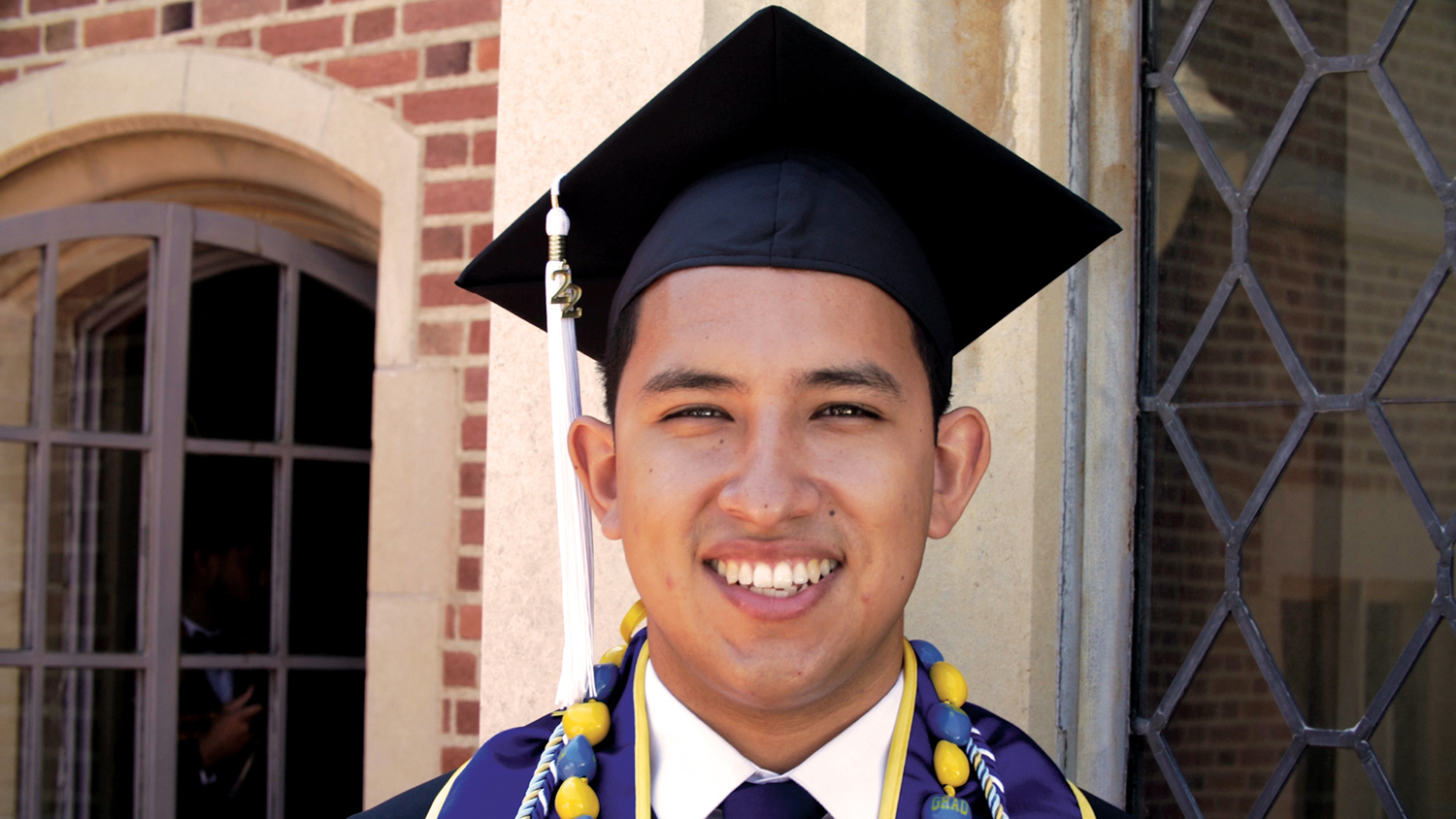
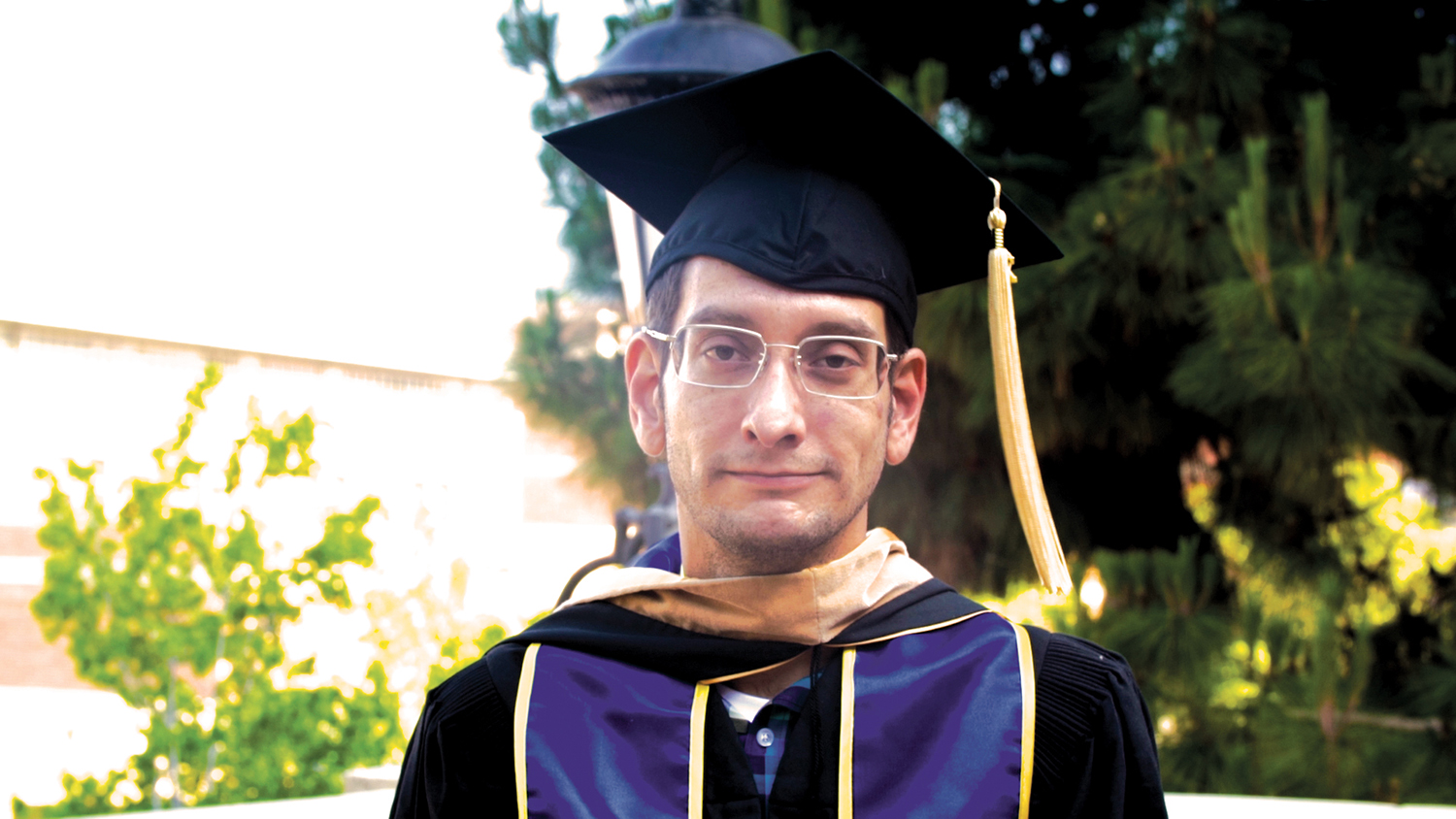
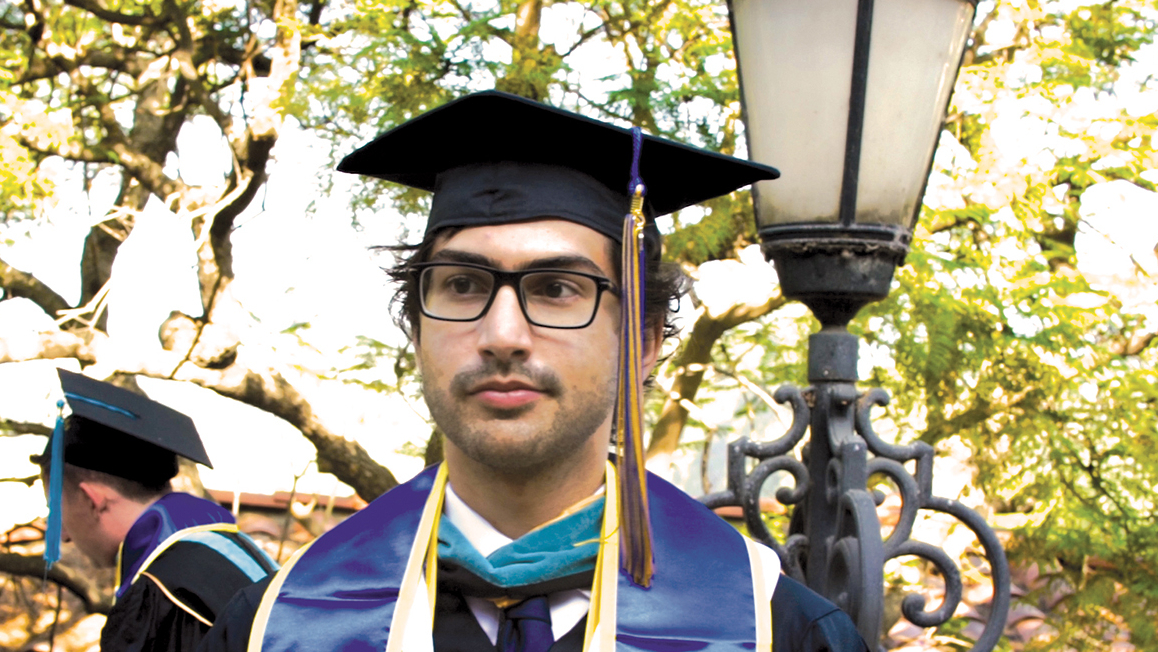 … the ability to just help people. That’s the reason I got into public service in the first place.” —
… the ability to just help people. That’s the reason I got into public service in the first place.” —